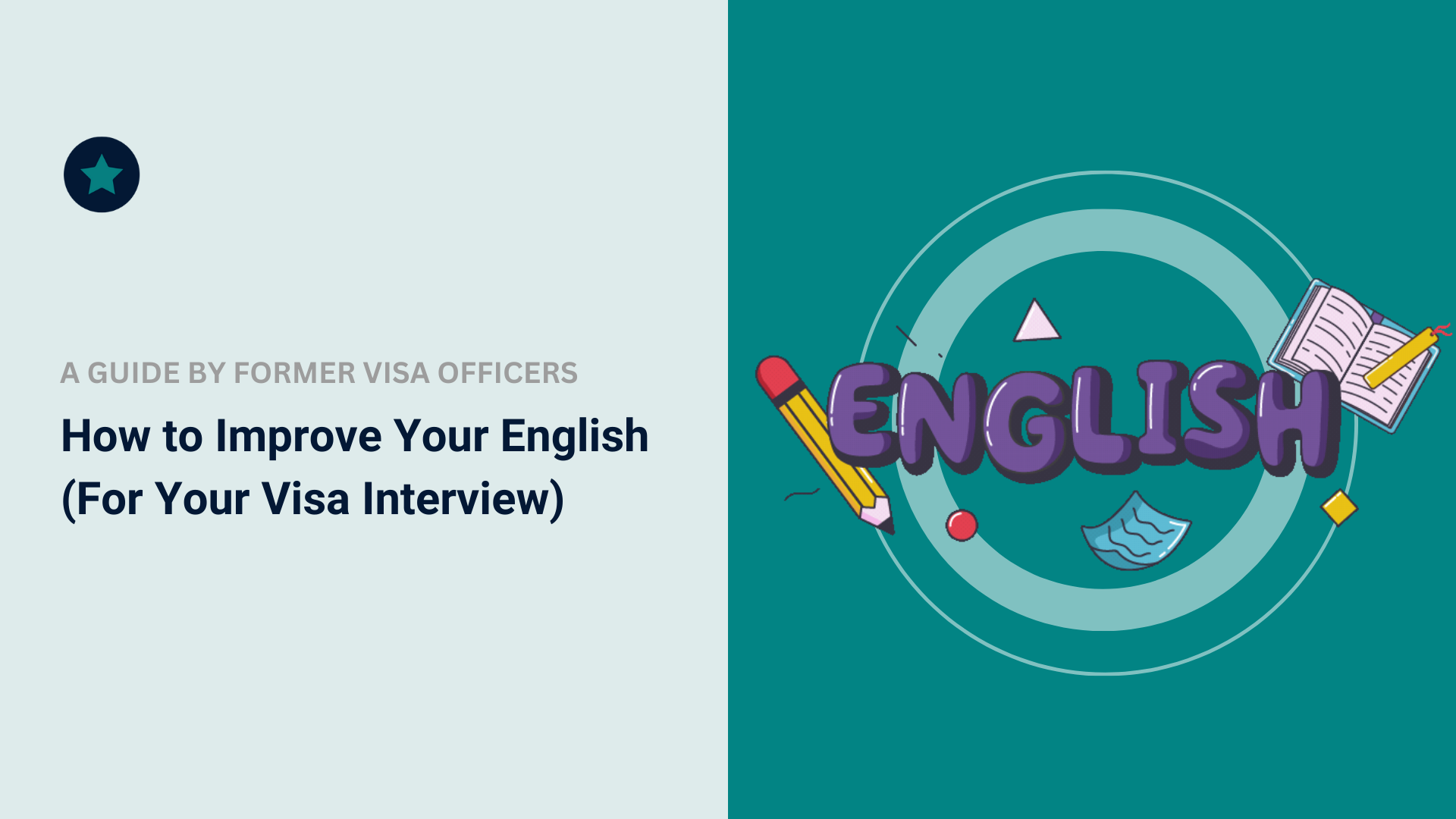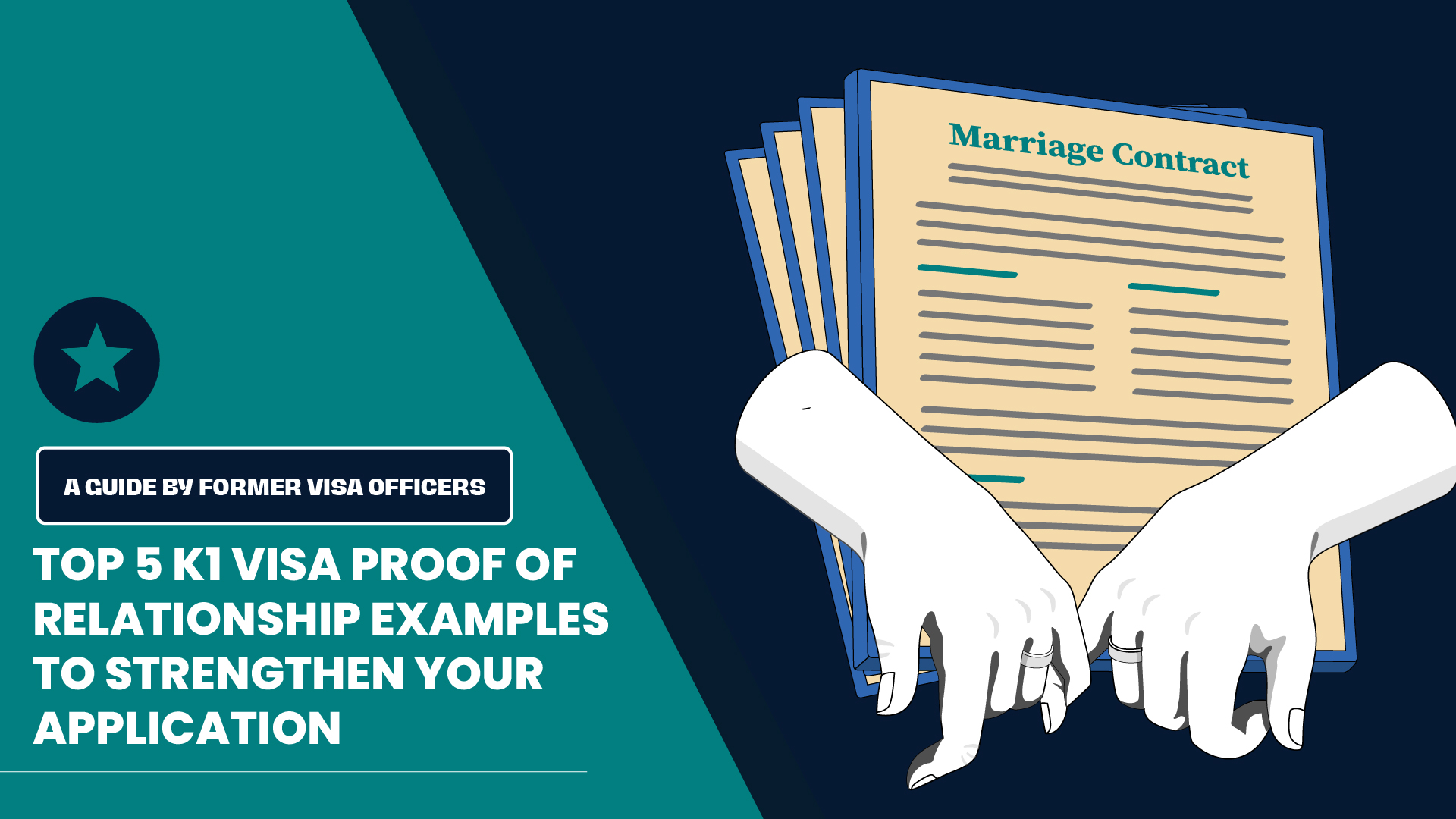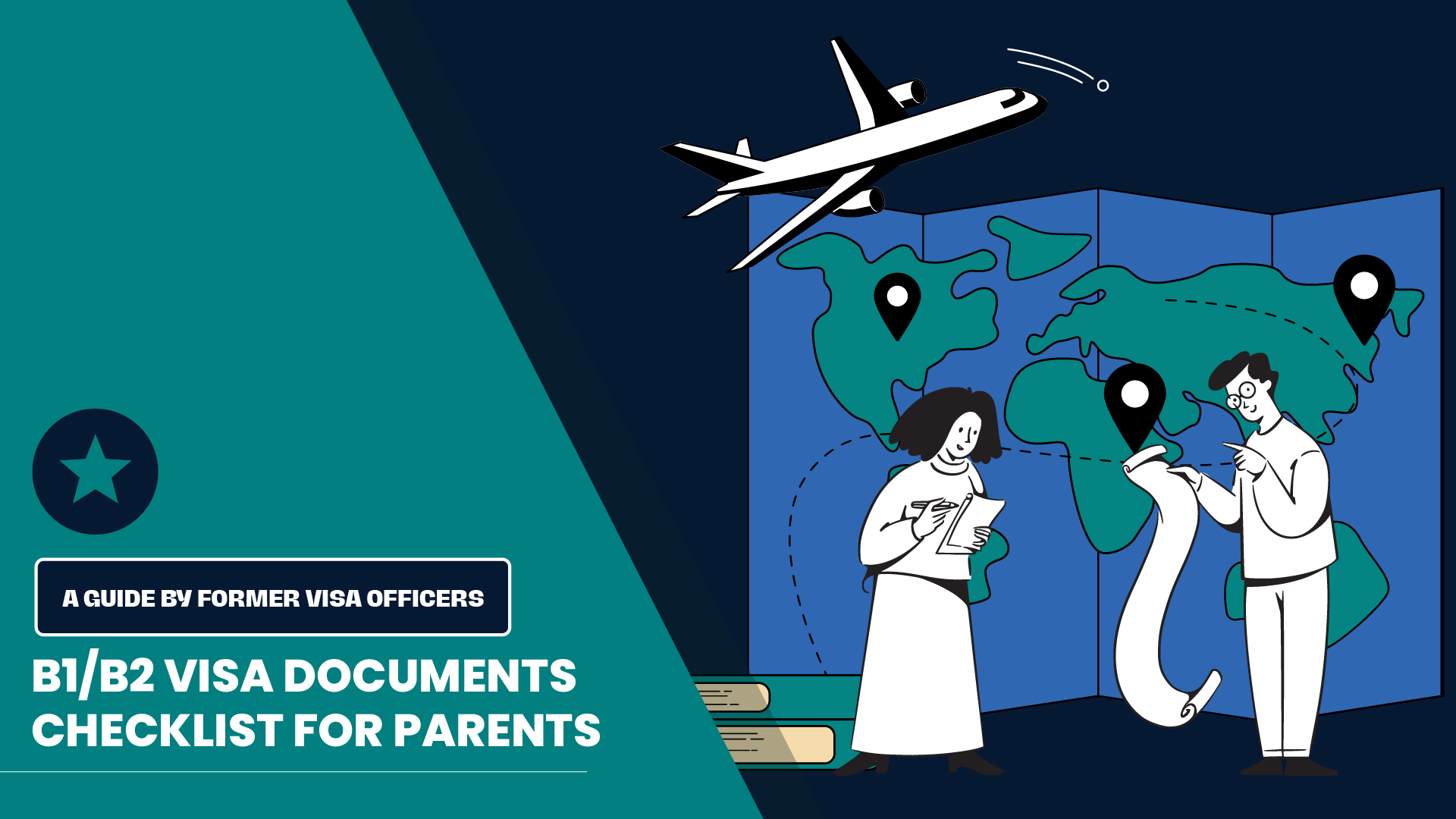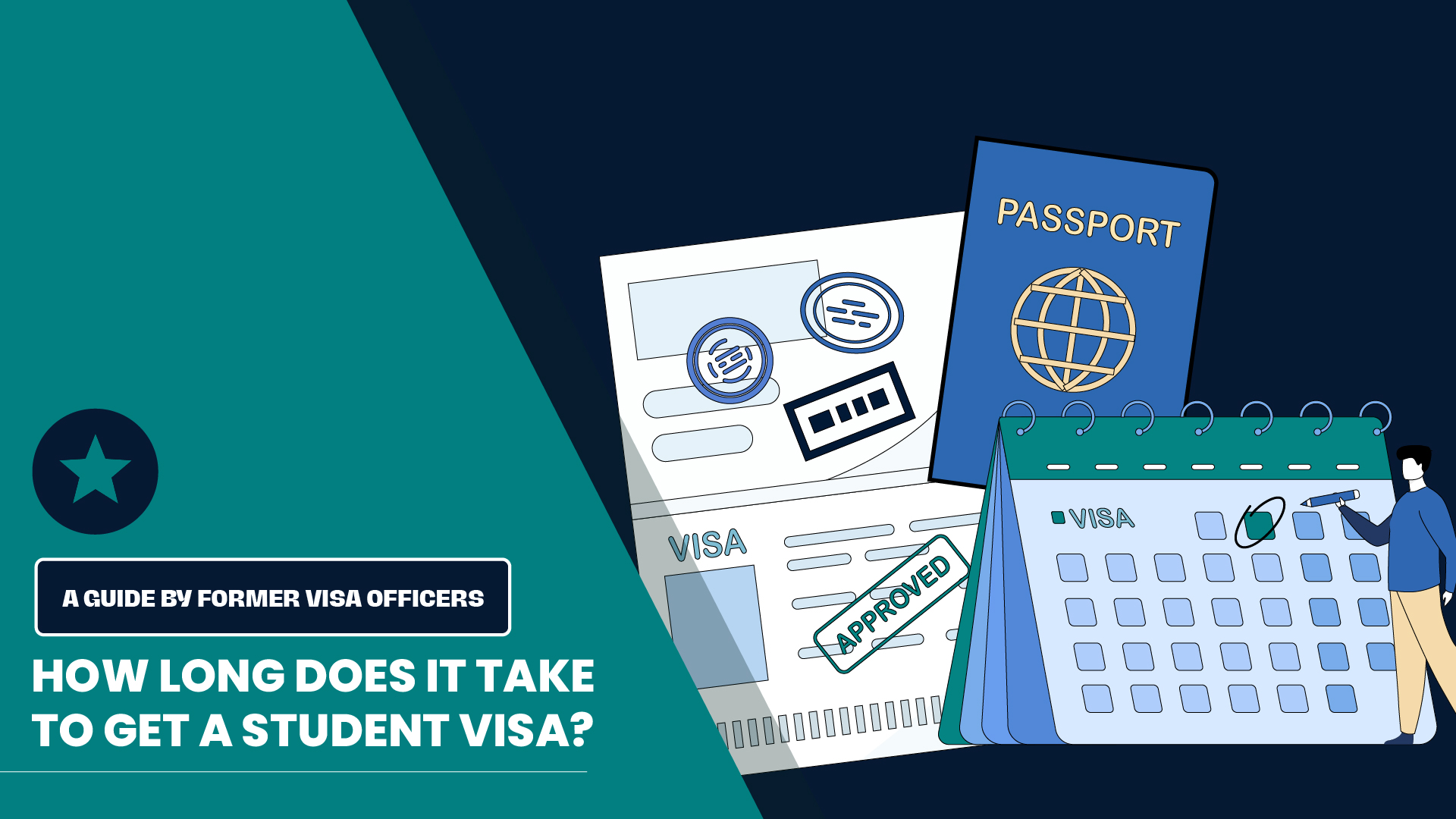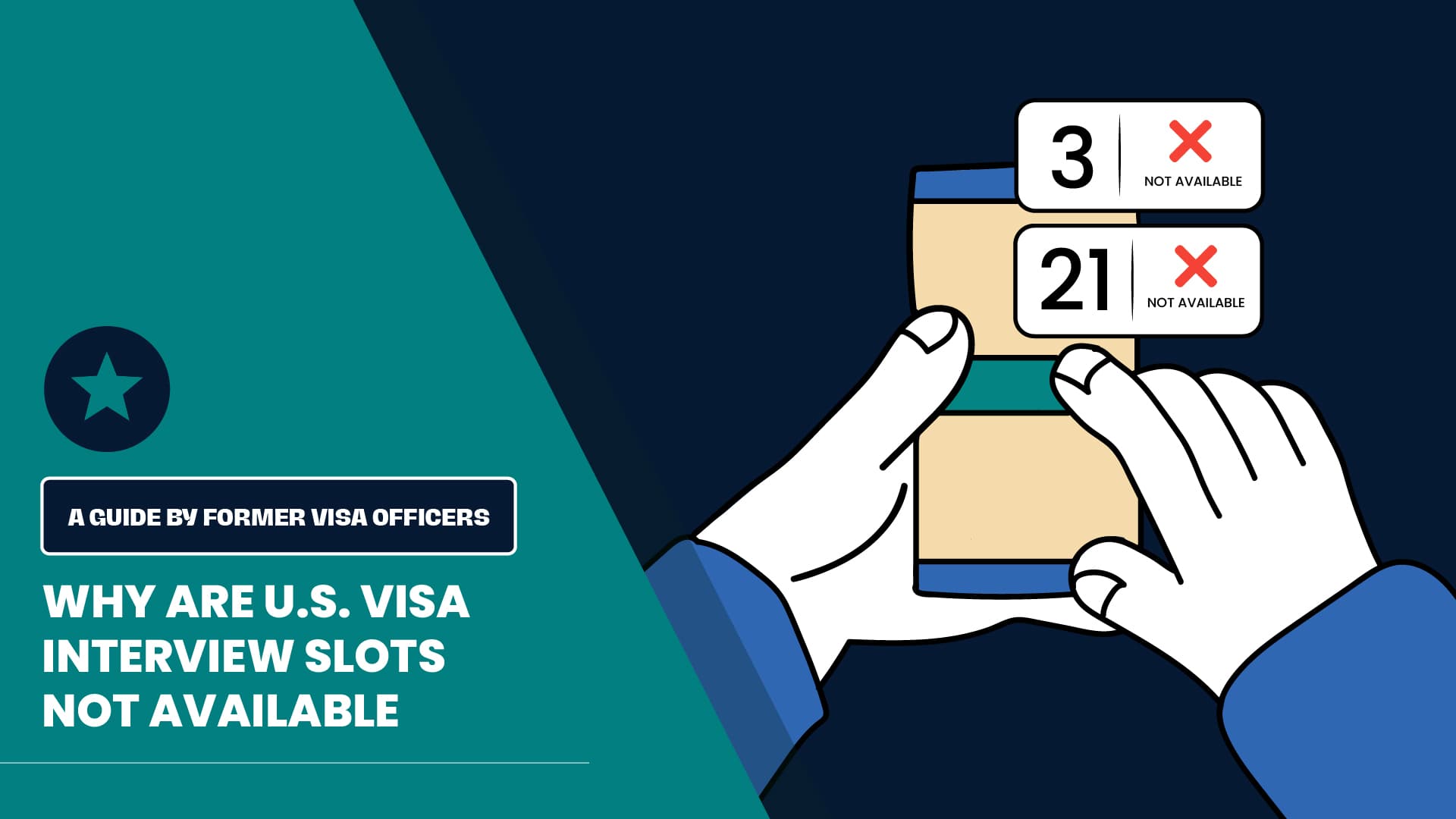Do you have an upcoming student visa interview and are worried about your English? Let me help!
Hi, my name is Soribel Feliz, and I am a former consular officer from the Department of State. I worked as a visa officer for several years.
In Romania, Brazil, South Africa, and Argentina, I interviewed tens of thousands of people for visas, including thousands of students.
Today I want to share some tips and tricks you can use to ace your student visa interview.
You’ve already done the hard work: you studied hard, got good grades, your family saved for your higher education, and you applied to multiple colleges and got into one of your top choices. That’s amazing!
Congratulations! You should be proud of yourself. Now you only need a seal of approval to board that plane and legally enter the United States to start your future.
That means you must visit your local U.S. consulate or embassy for an interview with a consular officer, who will determine your eligibility for a student visa.
I know the interview can be a nerve-wracking experience. After all, a consular officer stands between you and your dream university in the United States. They can make or break your hope.
I’ll stop you right there! Do not view the officer as a gatekeeper who stands between you and your dream and whom you must beg or persuade to obtain a visa.
Instead, consider the visa officer a gate opener—someone who will assist you in reaching your destination in the United States.
The best way to approach the interview is to go in with the right mindset. Even though the situation may seem intimidating, staying calm and doing your best during the interview is essential.
I understand that there is no one-size-fits-all approach to acing a student visa interview, given that each person is unique. But one of the best ways you could prepare for your student visa interview is to practice speaking and writing in English as much as possible.
To be completely honest, most consular officers will not check your TOEFL scores. While we can use it as a data point, we generally do not base our decisions on those numbers or rank your scores against those of other applicants.
However, knowing that a good grasp of the English language is essential for the interview is crucial.
But the key to acing your interview is not just having perfect grades, a perfect GPA, or perfect TOEFL scores.
The key is to show you are at ease and comfortable in an American setting; you’re just waiting for this legal document in your passport so you can start your new life in the U.S.
Consular officers want to ensure that you can successfully adjust to your new American environment. Therefore, it is essential to exude confidence and present yourself well during the interview.
Three ways to frame your mindset for success at the visa interview:
Table of Contents
ToggleThink of the consular officer as someone who wants to approve your visa
The visa officer doesn’t want to evaluate your excellent English skills. Instead, they simply want to ensure that you will be able to converse with anyone in the U.S., succeed in your classes, and absorb English and American culture.
If you freeze when the officer says “good morning,” it’s a bad sign. They will then be concerned about your performance in Psychology 101 and Calculus.
As soon as you walk to the interview window, greet your interviewer. Say, “Good morning. How are you today?”
Answer all the questions as confidently as you can. Avoid simply replying with a yes or no.
For example, if the visa officer asks you, “Have you ever traveled overseas?” instead of saying yes or no, say, “Yes! I have been to Thailand, Sri Lanka, and Singapore. My family vacation every year, and we always try to see other parts of South Asia.”
Or say: “No, unfortunately, I have not, but I have seen all of South and North India, which, as you know, is a big and diverse country that sometimes can make you feel like you’re in another country or on another planet.”
See? You spoke for less than 20 seconds but demonstrated to the officer that you understand English and can continue a conversation while being concise and direct.
Don’t tell them your life story. Instead, follow the consular officer’s lead: because they don’t have time to go into a 5-minute conversation with you; your interview will probably last no more than 2 minutes.
But in that time, you can make a good impression, build rapport with the officer, and show that your English skills are adequate, that you’ll thrive in the classroom at an American university, that you’ll make friends, and that you’ll be part of the very vibrant and diverse American culture.
Another example is if or when the visa officer asks you, “What school are you going to?” or why did you choose that school?” Instead of saying “UPenn” or “Purdue,” go a little further and say:
“I’m going to study psychology at Purdue, in Indiana, because they have the best psychology program in the U.S. and gave me the most financial aid or a good scholarship. They also have a wonderful soccer team, and I’m excited to go to a few games in my free time.”
This shows that you have carefully considered your decision and are enthusiastic about your studies in the United States.
Watch as many American (or British!) movies or T.V. shows and listen to as much music as possible
This is a random one, I know. You’re going to study engineering or math, and I’m telling you to watch movies? What gives?
Hear me out: The more you familiarise yourself with English, the more comfortable you’ll feel. And if the consular officer wants to throw you a curveball or just make small talk, you may make a good impression.
For example, if the interviewer asks, “What’s your favorite movie?” and you recently watched Top Gun and liked it, say that and explain why. If you also like the accompanying soundtrack, “I ain’t worried right now,” and play it twenty times in a row, say that too.
Forget perfection; show curiosity
The visa officer knows you are likely not a native speaker (though it is possible!) So they do not expect you to recite poetry or sound like William Shakespeare or Barack Obama.
Unless you’re pursuing a Ph.D. in English language and literature, your English is probably not perfect, and neither is mine. Therefore, just go in confidently, make eye contact, dress appropriately, and answer questions concisely.
The process of getting a visa is necessary and can be daunting, so it’s important to prepare well. Udeti Visa provides one-on-one consultations with former consular officers to assist with interview preparation. Schedule your consultation today!
(This blog post was written by Soribel Felix, former consular officer & Kausar Shaikh, Content Strategist.)
DISCLAIMER:
This blog does not endorse or advocate for any illegal activities. All content presented here is intended for educational purposes only. The viewpoints expressed do not constitute legal advice and are solely based on the writer’s opinions and experiences. Please use the information provided responsibly. Any advice given is of a general nature and should be applied to your specific circumstances with caution and consideration.
Copyright © 2024 UDETI LLC. All rights reserved.

